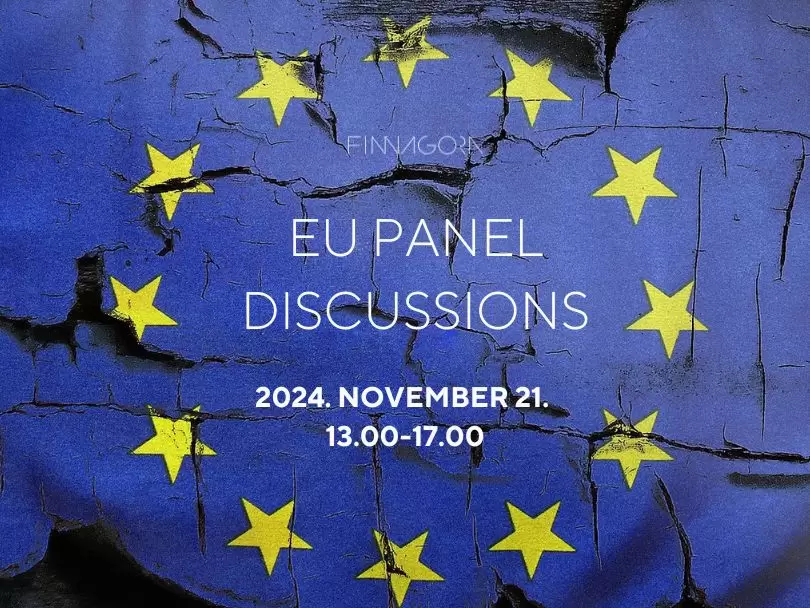
Panel discussions on the past and future of EU Eastern enlargement
Time: Thursday 21.11.2024 at 13.00-17.00
Location: Budapest, University city center campus, building C (Közraktár u. 4-6) lecture hall VII
What are the challenges and possibilities related to the EU’s past and future enlargements – from political, economic and legal points of view? What have we learned from past experiences and what kinds of new opportunities await us? We will try to find answers to these questions during an afternoon at Corvinus University in a series of panel discussions organized by FinnAgora.
The event consists of two panel discussions that will take a look at the past and future developments of the EU’s Eastern enlargement. The speakers include five experts from Hungary and five from Finland from the fields of social and political sciences, law, and economics.
The event is open for students, researchers, media, government employees and anyone interested in the topic.
Please register to the event here!
Panel Schedule
Both panels are chaired by Katalin Miklossy (University of Helsinki).
13:00 Opening words by Dr. Riikkamari Muhonen (Director of FinnAgora) and H.E. Pertti Anttinen (Ambassador of Finland to Hungary)
13:15-14:45 - Panel 1: Lessons learned from EU eastern enlargement
What kinds of problems or challenges were encountered in political, legal and economic fields as a result of EU eastern enlargement? What kinds of solutions were suggested? What kinds of local reactions has the enlargement created?
Panelists: Anita Pelle (University of Szeged), Boglárka Koller (Ludovika University of Public Service), Topi Juga (University of Helsinki), Brendan Humphreys (Aleksanteri Institute – The Finnish Centre of Russian and Eastern European Studies)
14:45-15:15 Coffee break
15:15-16:45 - Panel 2: Plans for further EU enlargement
How does the future of EU enlargement look? What are the opportunities and challenges of further enlargement based on cases of the Western Balkans, Turkey and Ukraine?
Panelists: Elena Basheska (CEU Democracy Institute), Gergő Medve-Bálint (Corvinus University/Hungarian Academy of Sciences), Tyyne Karjalainen (Finnish Institute of International Affairs), Aino Hakovirta (Tampere University)
16:45-17:00 Closing remarks
